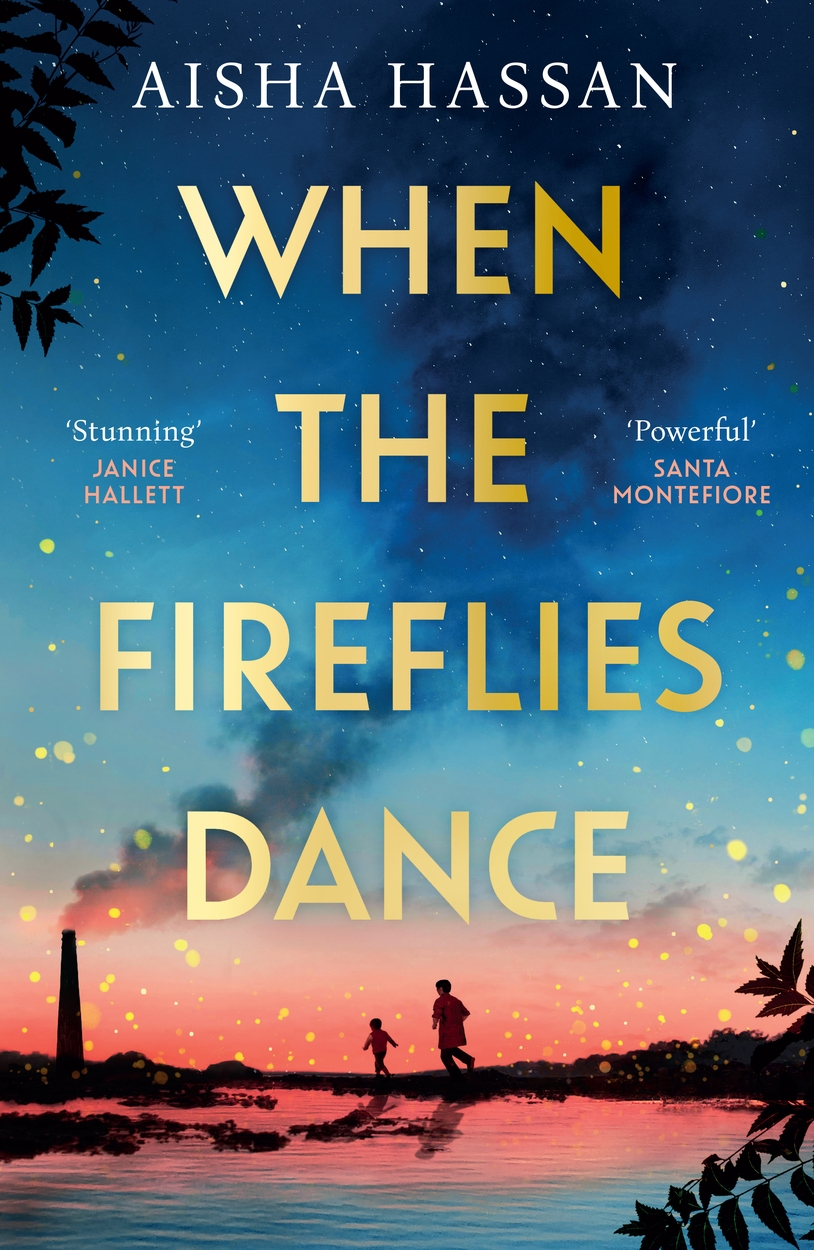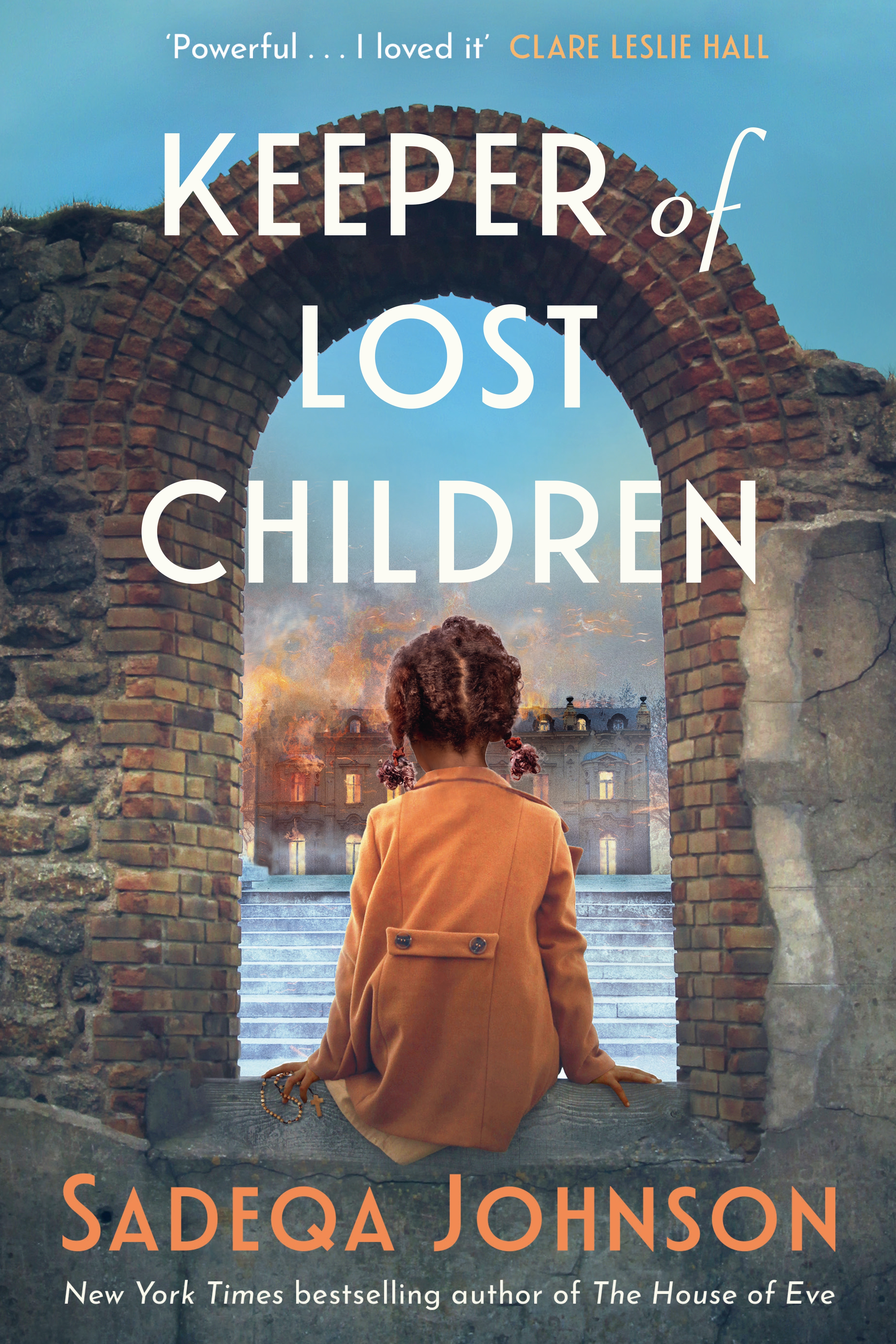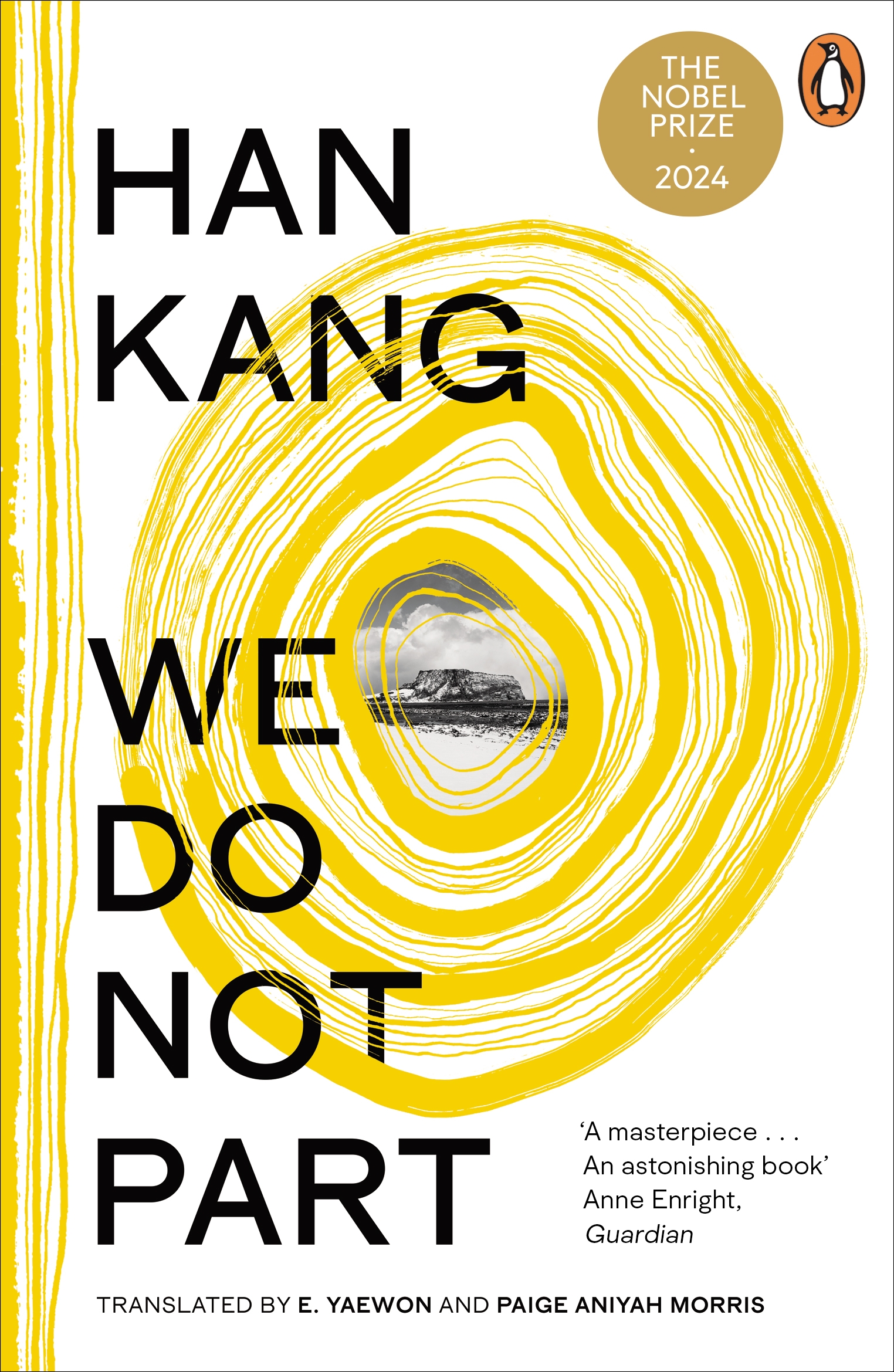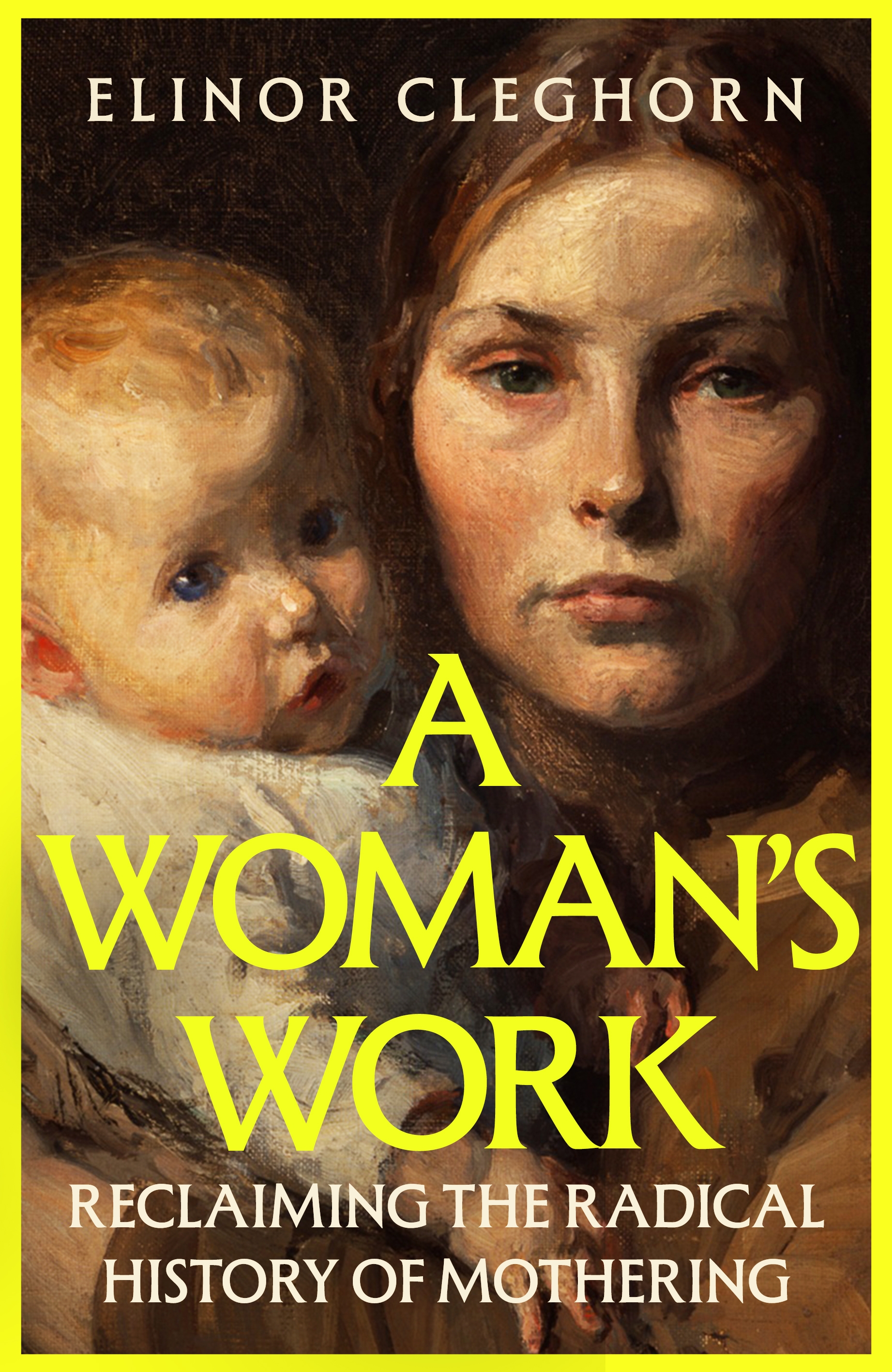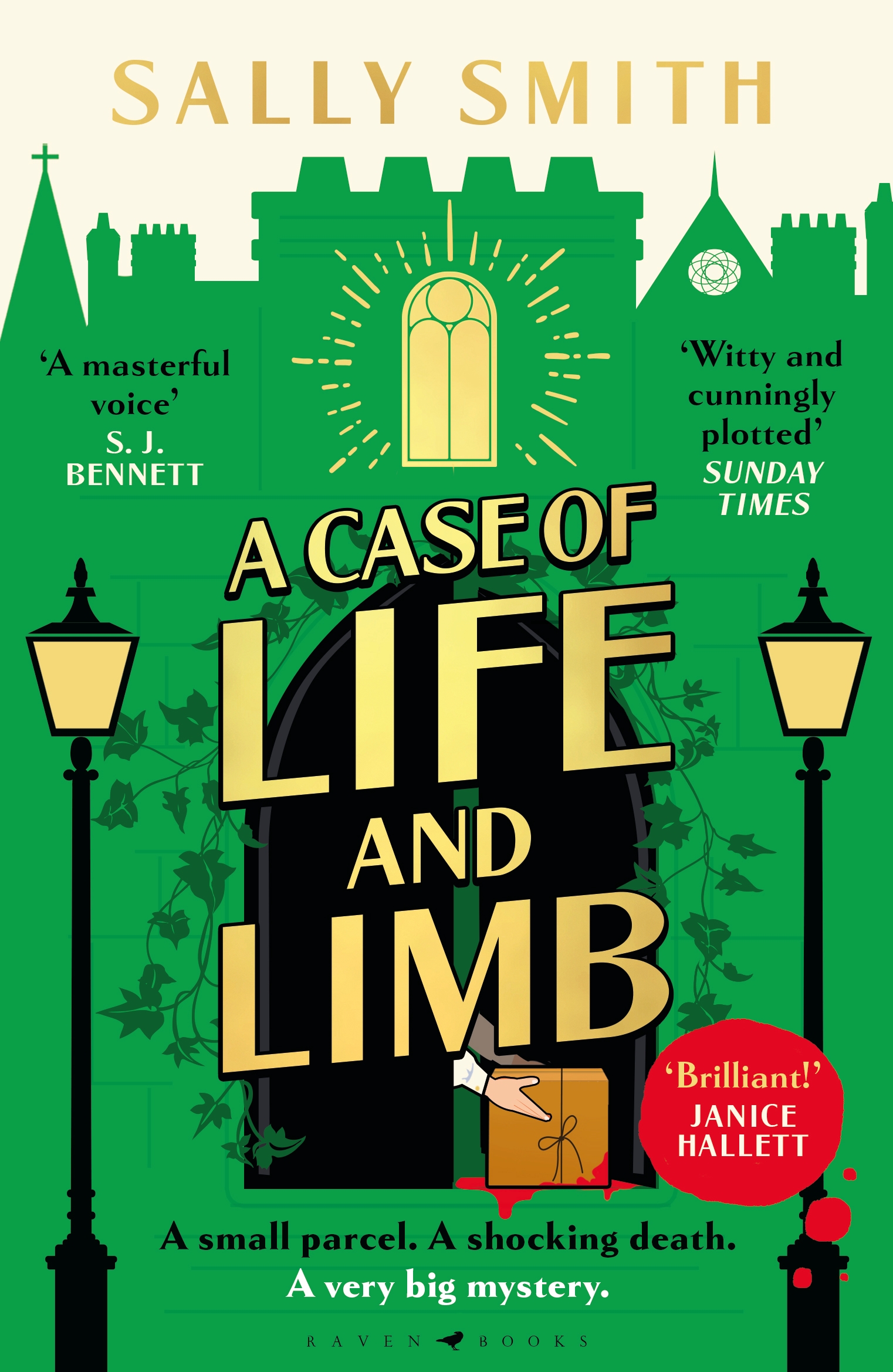Ordinary Thunderstorms
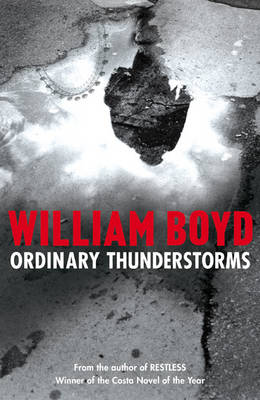
As seen:
By William Boyd
avg rating
1 review
It is May in Chelsea, London. The glittering river is unusually high on an otherwise ordinary afternoon. Adam Kindred, a young climatologist in town for a job interview, ambles along the Embankment, admiring the view. He is pleasantly surprised to come across a little Italian bistro down a leafy side street. During his meal he strikes up a conversation with a solitary diner at the next table, who leaves soon afterwards. With horrifying speed, this chance encounter leads to a series of malign accidents through which Adam will lose everything – home, family, friends, job, reputation, passport, credit cards, mobile phone – never to get them back. The police are searching for him. There is a reward for his capture. A hired killer is stalking him. He is alone and anonymous in a huge, pitiless modern city. Adam has nowhere to go but down – underground. He decides to join that vast army of the disappeared and the missing that throng London’s lowest levels as he tries to figure out what to do with his life and struggles to understand the forces that have made it unravel so spectacularly.
His quest will take him all along the River Thames, from affluent Chelsea to the sink estates of the East End, and on the way he will encounter all manner of London’s denizens – aristocrats, prostitutes, evangelists and policewomen amongst them – and version after new version of himself. William Boyd’s electric follow-up to Costa Novel of the Year Restless is a heart-in-mouth conspiracy novel about the fragility of social identity, the corruption at the heart of big business, and the secrets that lie hidden in the filthy underbelly of everyday city.
Reviews
St Just Thursday Evening Reading Group 1st May 2025.
Ordinary thunderstorms. William Boyd.
Some members of the reading group liked this book; others were less enthusiastic and one or two actively disliked it.
The chief criticism was that the story as a whole was too far-fetched, in supposing that Adam would have so easily brought down upon himself the suspicion of both the police and the conspirators, and could have hidden so successfully from public surveillance in London; and was in parts implausible, for instance the idea of him catching, cooking and eating a seagull. The ending was unsatisfying, presenting no resolution for the characters’ dilemmas. And the character of the female detective was undeveloped, especially her lack of curiosity about Adam’s circumstances and past.
Some elements of it were more admired: the descriptions of the housing estate and of Canvey Island were thought to be very good, and the involvement of the pharmaceutical industry was convincing.
We talked about the issue raised by Adam committing a murder, and how this reflected upon the beginnings of brutalisation and the absence of morals, like a Lord of the Flies situation.
This book is in the Thriller genre. Some readers did not find this to their taste, but the general consensus was that as a thriller, it was a very well executed one, rather than just an ‘airport novel’.
